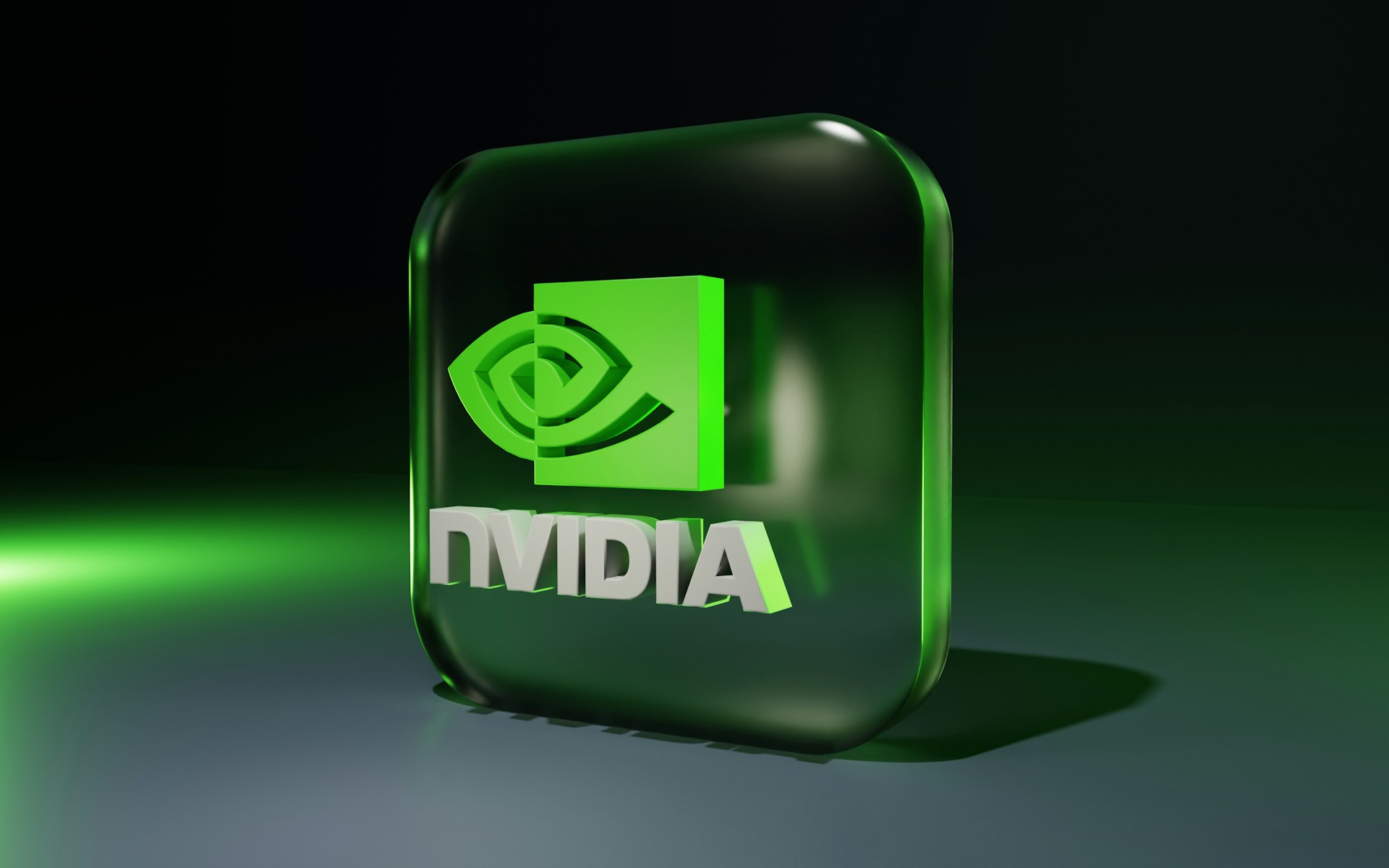Nvidia has begun accepting pre-orders for a new China-specific artificial intelligence (AI) processor from distributors at prices comparable to a competing Huawei product, according to sources familiar with the situation.
Nvidia's New China-Focused AI Chip Set Will Be Sold At Similar Price To Huawei's Product
The H20 graphics card is the most powerful of three that Nvidia has been developing for the Chinese market since the United States imposed limits on high-end semiconductor exports, trying to limit China's ability to create AI and advanced computers for its military, as per US News.
The H20 will naturally provide less computing power than Nvidia's flagship H100 AI processor and the H800 - the latter a China-specific card that was also banned in October.
However, the H20's specifications appear to indicate that it is less powerful than Huawei's Ascend 910B in some crucial areas, according to three people who were not authorized to speak with the media and declined to be identified.
According to sources, Nvidia recently priced orders for H20 distributors in China between $12,000 and $15,000 per card.
Some distributors have begun promoting the chips with a large markup to the lower end of that range, at around 110,000 yuan ($15,320), according to one of the sources. In comparison, two of the individuals indicated Huawei's 910B costs roughly 120,000 yuan.
Nvidia's Big Tech Rivals Place Their Own AI Chips On The Table
In September, Amazon announced plans to invest up to $4 billion in Anthropic, a San Francisco-based artificial intelligence startup. Soon later, an Amazon executive sent a private message to an executive from another company. He claimed Anthropic secured the deal because it pledged to develop its artificial intelligence. Amazon designed customized computer chips, as per The New York Times.
He claimed Amazon sought to build a competitive challenger to chipmaker Nvidia, a major partner and kingmaker in the critical field of artificial intelligence.
The surge in generative AI last year made clear how reliant big IT businesses had become on Nvidia. They cannot create chatbots or other forms of artificial intelligence. systems without a unique type of processor that Nvidia has perfected over the last few years. They've spent billions of dollars on Nvidia systems, but the chipmaker hasn't kept up with demand.
As a result, Amazon and other industrial titans such as Google, Meta, and Microsoft are developing artificial intelligence. They have their own chips. With these chips, the tech titans could shape their own future. They may reduce expenses, eliminate chip shortages, and potentially sell access to their chips to companies that utilize their cloud services.
While Nvidia sold 2.5 million processors last year, Google spent $2 billion to $3 billion developing approximately a million of its own AI. chips, said Pierre Ferragu, a New Street Research analyst. He calculated that Amazon spent $200 million on 100,000 chips last year. Microsoft announced it has started testing its first A.I. chip.
But this endeavor is a balancing act between competing with Nvidia and collaborating closely with the chipmaker and its increasingly strong CEO, Jensen Huang.
Mr. Huang's company is responsible for more than 70% of A.I. Omdia, a research firm, reported on chip sales. It contributes an even greater proportion of the systems used in the development of generative AI. Over the last year, Nvidia's sales have increased by 206 percent, and the company's market worth has increased by over one trillion dollars.
Photo: BoliviaInteligente/Unsplash



 Elon Musk’s Empire: SpaceX, Tesla, and xAI Merger Talks Spark Investor Debate
Elon Musk’s Empire: SpaceX, Tesla, and xAI Merger Talks Spark Investor Debate  Amazon Stock Rebounds After Earnings as $200B Capex Plan Sparks AI Spending Debate
Amazon Stock Rebounds After Earnings as $200B Capex Plan Sparks AI Spending Debate  Nvidia CEO Jensen Huang Says AI Investment Boom Is Just Beginning as NVDA Shares Surge
Nvidia CEO Jensen Huang Says AI Investment Boom Is Just Beginning as NVDA Shares Surge  Jensen Huang Urges Taiwan Suppliers to Boost AI Chip Production Amid Surging Demand
Jensen Huang Urges Taiwan Suppliers to Boost AI Chip Production Amid Surging Demand  Google Cloud and Liberty Global Forge Strategic AI Partnership to Transform European Telecom Services
Google Cloud and Liberty Global Forge Strategic AI Partnership to Transform European Telecom Services  SpaceX Reports $8 Billion Profit as IPO Plans and Starlink Growth Fuel Valuation Buzz
SpaceX Reports $8 Billion Profit as IPO Plans and Starlink Growth Fuel Valuation Buzz  AMD Shares Slide Despite Earnings Beat as Cautious Revenue Outlook Weighs on Stock
AMD Shares Slide Despite Earnings Beat as Cautious Revenue Outlook Weighs on Stock  Global PC Makers Eye Chinese Memory Chip Suppliers Amid Ongoing Supply Crunch
Global PC Makers Eye Chinese Memory Chip Suppliers Amid Ongoing Supply Crunch  Sam Altman Reaffirms OpenAI’s Long-Term Commitment to NVIDIA Amid Chip Report
Sam Altman Reaffirms OpenAI’s Long-Term Commitment to NVIDIA Amid Chip Report  Oracle Plans $45–$50 Billion Funding Push in 2026 to Expand Cloud and AI Infrastructure
Oracle Plans $45–$50 Billion Funding Push in 2026 to Expand Cloud and AI Infrastructure  SpaceX Updates Starlink Privacy Policy to Allow AI Training as xAI Merger Talks and IPO Loom
SpaceX Updates Starlink Privacy Policy to Allow AI Training as xAI Merger Talks and IPO Loom  Nvidia Confirms Major OpenAI Investment Amid AI Funding Race
Nvidia Confirms Major OpenAI Investment Amid AI Funding Race  Instagram Outage Disrupts Thousands of U.S. Users
Instagram Outage Disrupts Thousands of U.S. Users  Elon Musk’s SpaceX Acquires xAI in Historic Deal Uniting Space and Artificial Intelligence
Elon Musk’s SpaceX Acquires xAI in Historic Deal Uniting Space and Artificial Intelligence  SpaceX Prioritizes Moon Mission Before Mars as Starship Development Accelerates
SpaceX Prioritizes Moon Mission Before Mars as Starship Development Accelerates 































